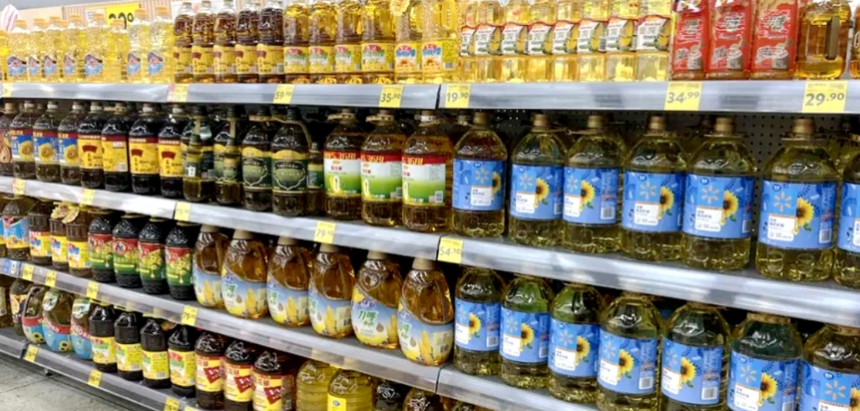Recent reports have revealed that some oil tankers have been transporting both chemical liquids and edible oil without adequate cleaning between loads, raising significant health concerns. However, an investigation by sznews.com has found that the brands implicated in this hazardous practice are rarely found in Shenzhen’s mainstream supermarkets.
At Walmart in Shenzhen, the only soybean oils available on the shelves were Walmart-branded and Jiusan Group products. Similarly, visits to several Yonghui Supermarket locations revealed a wide variety of cooking oils from over a dozen brands, but soybean oil was notably absent. Store staff confirmed that they had never sold cooking oil from Sinograin or Sanhe Hopefull, the two companies named in the recent reports.
In response to the growing public concern, China’s State Council food safety commission has set up a joint investigation team to look into the reported violations. This follows a report by Beijing News, which highlighted that some tanker trucks, after unloading coal-to-liquid products, proceeded directly to cooking oil factories in Tianjin to load soybean oil without cleaning or replacing their tanks.
An industry insider from a large chain supermarket explained that consumers are increasingly opting for higher-quality cooking oils as living standards improve. Products like blended oil, peanut oil, camellia oil, and olive oil are more popular among consumers and offer higher profit margins, making them a priority for retailers. This trend might explain the absence of soybean oil from Sinograin and Sanhe Hopefull in mainstream stores, suggesting these products are primarily marketed toward the catering industry rather than the retail market.
A manager of a chain hotpot restaurant in Shenzhen stated that their store purchases 20-liter containers of soybean oil from long-term partners. The selection process for oil brands includes evaluating the brand’s production qualifications, market reputation, and food safety records. The manager noted that soybean oil is favored in the catering industry for its cost-effectiveness and reliable taste, particularly for use in dishes like hotpot bases and cold dishes. The restaurant has not yet received any consumer complaints or inquiries related to the recent incident but is prepared to explain the source of their raw materials if asked.
A worker in the grain and oil industry in Shenzhen admitted that the incident has affected sales, with several customers canceling orders for Sinograin cooking oil due to quality concerns. This suggests that while the implicated brands may not be prevalent in retail stores, the controversy is impacting the catering industry where these oils are more commonly used.
While the health concerns over cooking oils transported in uncleaned tanker trucks have raised alarms, the impact on Shenzhen’s mainstream supermarkets appears minimal, with major brands unaffected. However, the catering industry, which relies heavily on cost-effective soybean oil, is feeling the repercussions as consumers and businesses alike seek reassurance about product safety.

